Another Easy and Fragrant plant
snasxs
16 years ago
Related Stories
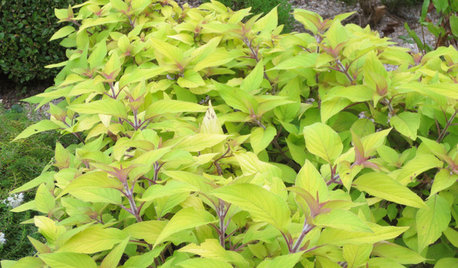
GARDENING GUIDESYour Garden: 6 Fragrant Plants Surprise and Delight
Enchant the senses and enliven your landscape with scented foliage that goes beyond everyday florals
Full Story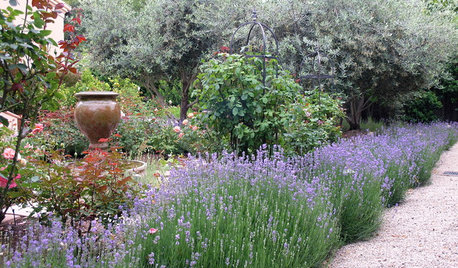
FLOWERSHerb Garden Essentials: Grow Your Own Fragrant Lavender
This do-it-all plant is ideal for almost any garden, and its uses are abundant around the home
Full Story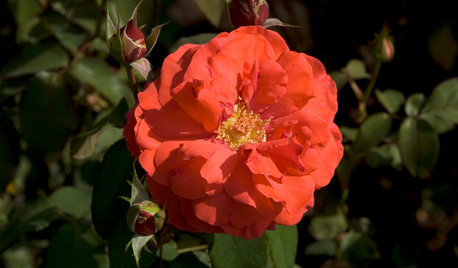
GARDENING GUIDES6 Captivating Roses for an Alluringly Fragrant Garden
Perfume your garden with aromas from richly spicy to lightly sweet, without sacrificing an inch of color
Full Story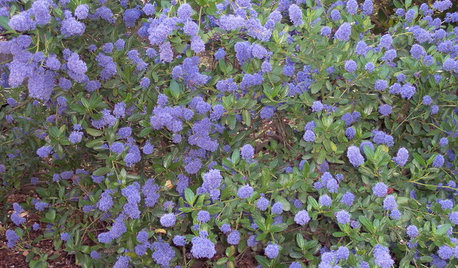
GARDENING GUIDESGreat Design Plant: Ceanothus Pleases With Nectar and Fragrant Blooms
West Coast natives: The blue flowers of drought-tolerant ceanothus draw the eye and help support local wildlife too
Full Story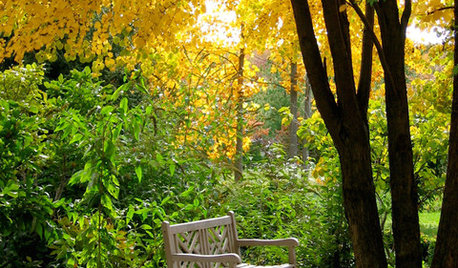
GARDENING GUIDES8 Plants for a Deliciously Fragrant Fall Garden
Scent the autumn air with the perfume of caramel corn, honey and spices by adding these intoxicating plants to your landscape
Full Story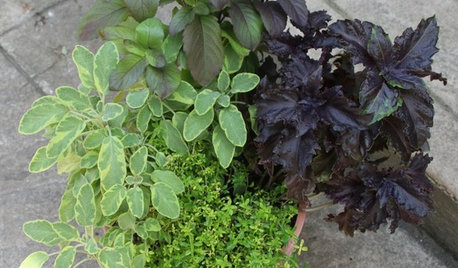
CONTAINER GARDENS8 Easy Container Plants to Grow From Seed
Get beautiful blooms and herbs in summer by starting these choice garden picks from seed in spring
Full Story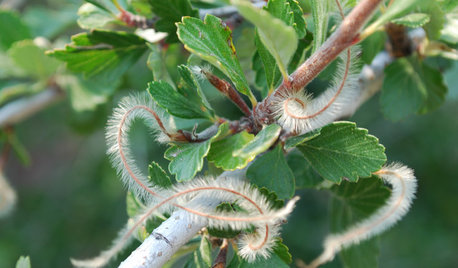
GARDENING GUIDESGreat Design Plant: Curl-Leaf Mountain Mahogany, an Easy Evergreen
Use it as an accent plant or mass it as a screen; this pine and spruce alternative is a hard worker in dry, cold climates
Full Story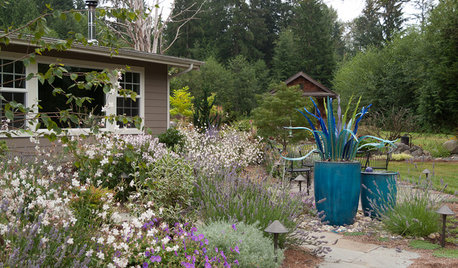
GARDENING GUIDES5 Easy Plants for a Romantic Entry Garden
Abundant flowers, a heady fragrance and striking foliage combine for a romantic front-yard garden that's deceptively low maintenance
Full Story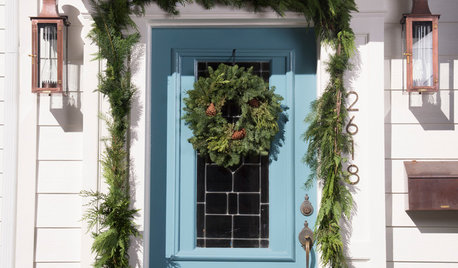
CHRISTMASQuick and Easy Christmas Decor With Greens, Wreaths and Pine Cones
When you're short on time, focus on the basics to make your house festive and fragrant
Full Story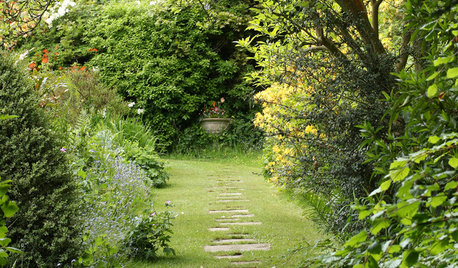
GARDENING GUIDES3 Easy Ways You Can Garden for Nature
Your choice of plants can help wildlife while cleaning the air and water
Full Story





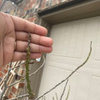
dallasguy
snasxsOriginal Author
Related Professionals
Ballenger Creek Landscape Architects & Landscape Designers · Rancho Palos Verdes Landscape Architects & Landscape Designers · Redondo Beach Landscape Architects & Landscape Designers · Choctaw Landscape Contractors · Corona Landscape Contractors · Fair Oaks Landscape Contractors · Farmington Landscape Contractors · Lebanon Landscape Contractors · Severna Park Landscape Contractors · University City Landscape Contractors · Oxon Hill Landscape Contractors · Forest Hill Landscape Contractors · Hawaiian Gardens Landscape Contractors · Jacksonville Swimming Pool Builders · Randolph Swimming Pool Buildersbellegallica
snasxsOriginal Author
kasiec
jimshy
User
snasxsOriginal Author
jimshy
iluv_my_cats
longriver
longriver
snasxsOriginal Author
longriver
snasxsOriginal Author
jeff_al
longriver
jeff_al
longriver
User
snasxsOriginal Author
jeff_al
marquest
longriver
jeff_al
longriver
snasxsOriginal Author
jimshy